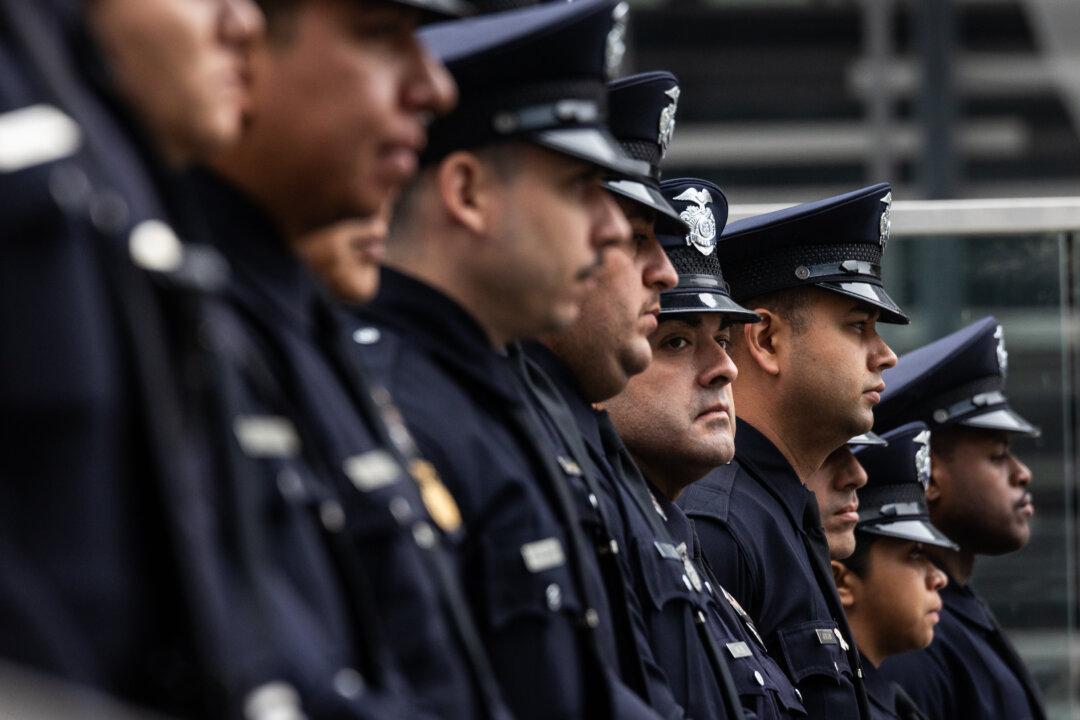LOS ANGELES—The Los Angeles City Council agreed June 25 to place a measure on the November ballot that would change the police discipline process and expand the chief’s ability to fire officers for serious misconduct.
In an 11-to-2 vote, council members directed the City Attorney’s Office to place a measure on the November ballot that would make the proposed changes in the City Charter.





